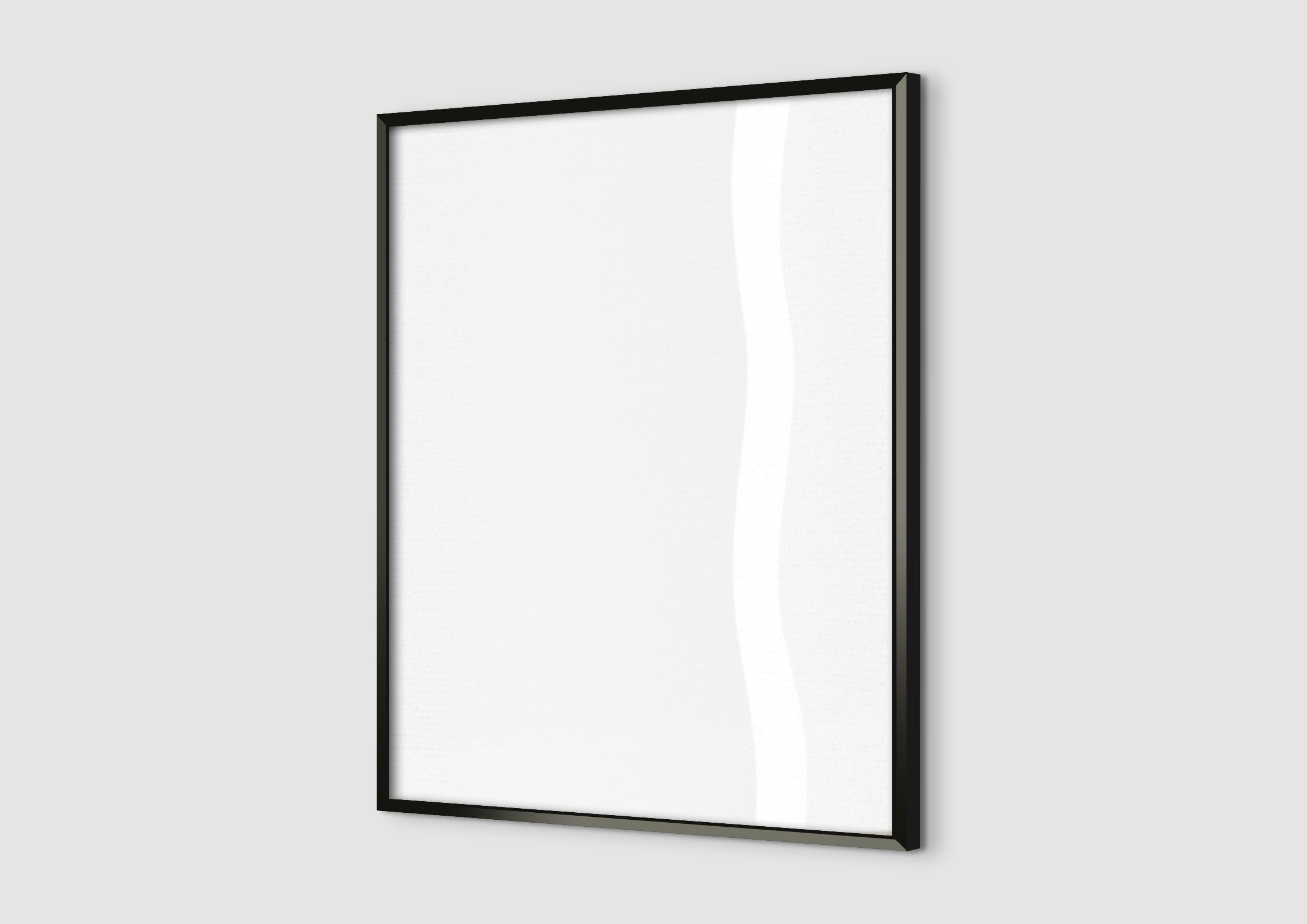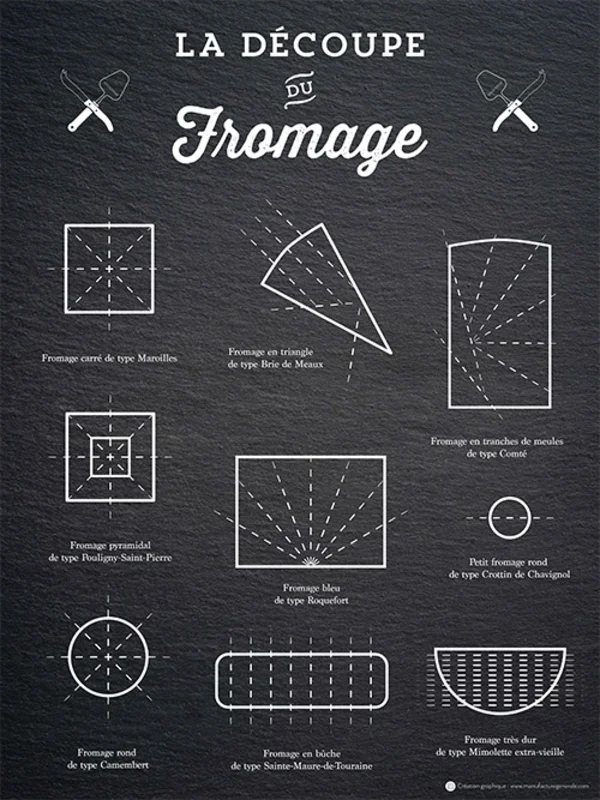Bruce Springsteen: The "No Nukes" Concert of 1979
Updated at Jun 18, 2024

Bruce Springsteen, nicknamed "The Boss," is a living legend of rock 'n' roll, known not only for his exceptional musical talents but also for his memorable concerts and social commitments. One of the most iconic anecdotes of his career is related to the 1979 "No Nukes" concert, a series of shows aimed at raising public awareness about the dangers of nuclear power and raising funds for anti-nuclear causes.
In September 1979, Bruce Springsteen and his E Street Band joined a prestigious lineup of artists, including Jackson Browne, Bonnie Raitt, and Crosby, Stills & Nash, to participate in the "No Nukes" concerts at Madison Square Garden in New York. These concerts were organized by MUSE (Musicians United for Safe Energy) to protest against nuclear energy following the Three Mile Island accident earlier that year.
Springsteen's performance at these concerts was particularly memorable. Not only did he deliver a series of electrifying performances, but he also introduced the audience to two songs that would become classics: "The River" and "Sherry Darling." "The River," a poignant ballad about the challenges of working-class life, resonated deeply with the audience and demonstrated Springsteen's talent for writing emotional and authentic stories.
A Spokesperson
However, what truly left a mark was the raw energy and passion that Bruce and his band brought to the stage. Their energetic and committed performance not only captivated the audience but also reinforced the concert's anti-nuclear message. The "No Nukes" concerts became a historic moment in Springsteen's career, highlighting his commitment to social causes and his role as a spokesperson for the concerns of working-class America.
In 2021, a documentary film titled "The Legendary 1979 No Nukes Concerts" was released, showcasing Springsteen and his band's performances at this historic event, allowing a new generation of fans to discover this crucial period of his career. This anecdote remains a testament to the impact of Bruce Springsteen as both an artist and an activist.





